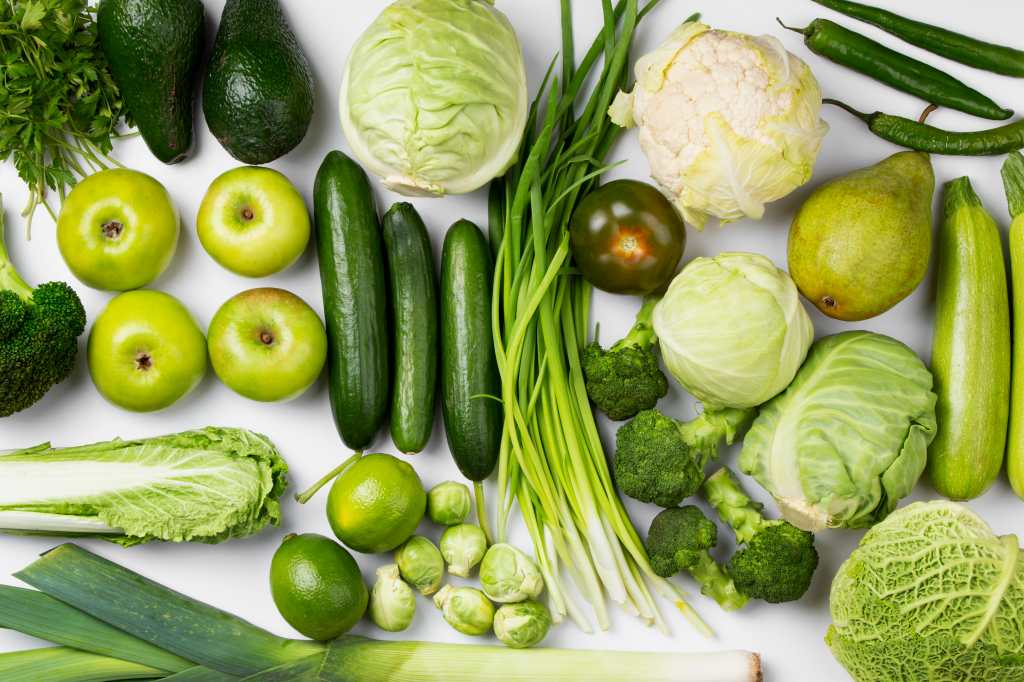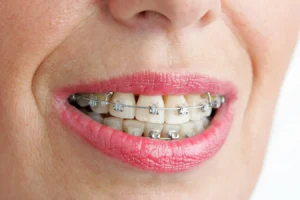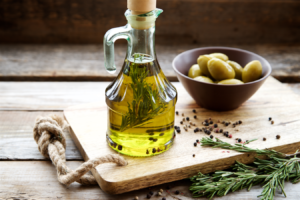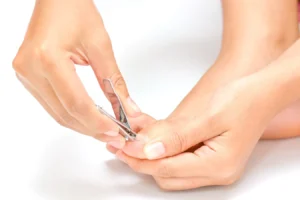If we consume a diet rich in chard, spinach, broccoli, and other foods, we can obtain a significant intake of vitamin E and enjoy its benefits.
According to nutrition specialists, one of its most important properties is that it contains antioxidants, which combat premature aging and oxidative stress.
For this reason, the intake of this vitamin through food is crucial to enjoying good health.
What is vitamin E?
It is a fat-soluble vitamin with antioxidant properties. Nutritionist Lissette Guzmán, from the Institute of Nutrition of Central America and Panama (Incap), states that this vitamin is made up of eight natural compounds: four tocopherols and four tocotrienols, the most abundant being alpha-tocopherol.
One of its main functions is the elimination of free radicals. It is also among the important nutrients for the development of defenses. According to Medline Plus, the human body accumulates vitamin E in fatty tissue and in the liver.
Although it has been said that vitamin E helps prevent cancer, Guzmán says there is not enough scientific evidence to support this.
Benefits and functions of vitamin E
According to nutritionist Mónica Pinto, these are the main benefits and functions of vitamin E:
- Helps eliminate free radicals.
- Slows down aging.
- Prevents cell deterioration.
- It protects the immune system since it maintains high defenses.
- It also helps us keep our eyesight in optimal condition.

Food sources that provide vitamin E
- Roasted almonds
- Whole grain cereal
- Hazelnut
- Peanut
- Sunflower seed
- Vegetables: spinach, chard and broccoli
- Beet greens
- Vegetable oils: olive, sesame, among others.
- Animal sources: eggs, fats, and meats.
What is the recommended consumption dose of vitamin E?
According to Pinto, the recommended dose is 15 to 20 milligrams per day for any age. As for its upper limit, this ranges between 200 and 800 milligrams per day for children and adolescents and for adults, the recommended dose is 1,000 milligrams per day, according to data from Incap.
Side effects of vitamin E
Experts say that too much can be harmful to health. According to Pinto, too much can accumulate in the form of fat. In this regard, Guzmán adds that if we consume too much, this can cause cardiovascular problems.
As for its deficiency, the professional states that premature newborns can experience a deficiency of vitamin E, affecting their development, especially at the level of their eyesight. Children under six months old obtain this vitamin through breastfeeding, which is why the specialist places special emphasis on its importance.
Recommendations
- Before taking any vitamin E supplement, consult your doctor.
- The best source of intake is foods rich in this vitamin.
- There is no evidence that using vitamin E supplements on the skin is effective.
- It is always important to maintain a varied diet taking into account all food groups.
- If your doctor allows you to take a supplement based on this vitamin, remember that it is important to take it with food for proper absorption.
- Any change in diet should be previously consulted with a doctor or nutritionist.























+ There are no comments
Add yours